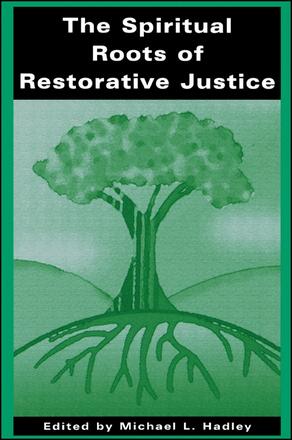
The Spiritual Roots of Restorative Justice
Alternative formats available from:
Explores the concept of Restorative Justice in diverse spiritual traditions.
Description
This interdisciplinary study explores what major spiritual traditions say in text, tradition, and current practice about criminal justice in general and Restorative Justice in particular. It reflects the close collaboration of scholars and professionals engaged in multifaith reflection on the theory and practice of criminal law. A variety of traditions are explored: Aboriginal spirituality, Buddhism, Chinese religions, Christianity, Hinduism, Islam, Judaism, and Sikhism. Drawing on a wide range of literature and experience in the field of Restorative Justice and recognizing the ongoing interdisciplinary research into the complex relationships between religion and violence, the contributors clarify how faith-based principles of reconciliation, restoration, and healing might be implemented in pluralistic multicultural societies.
Michael L. Hadley is a Professor of Germanic Studies and a Fellow at the Centre for Studies in Religion and Society at the University of Victoria, Canada. He has published several books, including God's Little Ships: A History of the Columbia Coast Mission.
Reviews
"This book asks a very important question: What do the world's spiritual traditions have to teach us about crime and punishment? And the answers it offers are tough minded and original. This is a serious reflection on a subject that deserves serious attention. Moreover, this is a wonderful example of true religious pluralism. It does not indulge in facile syncretism, but judiciously attempts to discern the strengths and weaknesses of various approaches to Restorative Justice with detachment and objectivity." — Robert Inchausti, author of Thomas Merton's American Prophecy
"The main problem, as I see it, is that few societies seem to draw on the Restorative Justice in their religious traditions. This is yet another poignant example of the tragic distance between ideals espoused and actual practices. But drawing attention to the near-universality of the theme and possibility of Restorative Justice could play a role in expanding awareness of it. I see this as a movement whose time may be coming, even if the time is not quite yet now." — Gordon Fellman, author of Rambo and the Dalai Lama: The Compulsion to Win and Its Threat to Human Survival